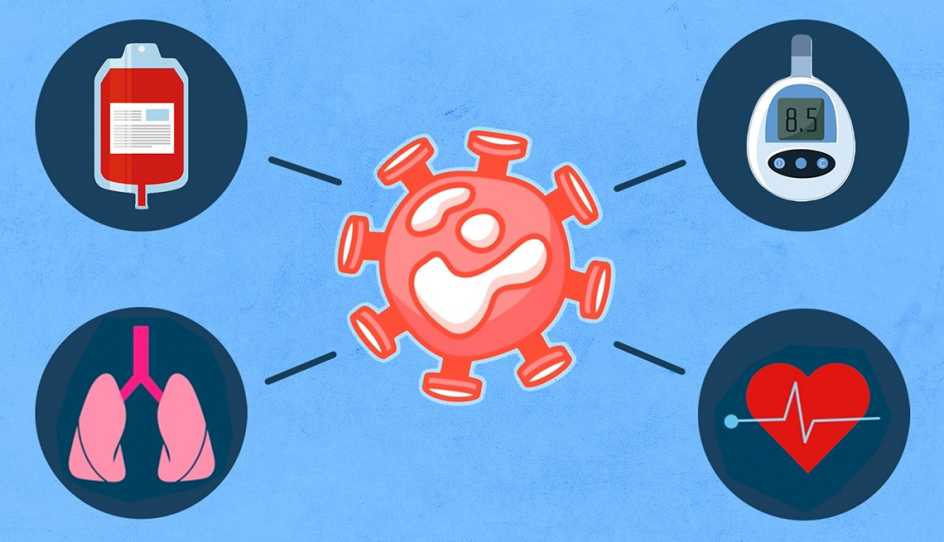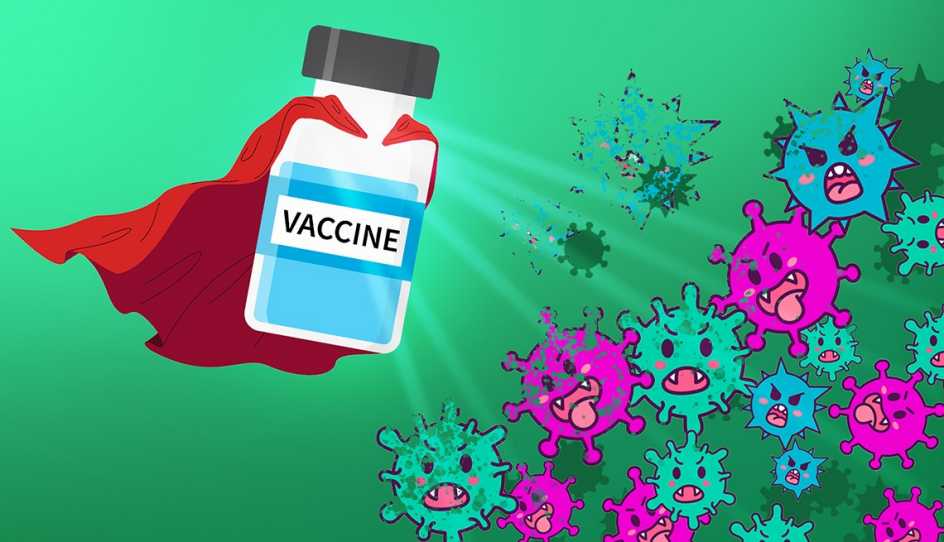AARP Hearing Center
Key takeaways
- A flu shot can lower your risk of getting severely sick from the flu.
- A high-dose vaccine is recommended for older adults, who are at greater risk for flu complications.
- Maximize your protection by getting vaccinated in September or October.
- Reduce your risk of flu complications by choosing the right vaccine for your needs.
Summary
Getting a flu shot is key to protecting yourself from the seasonal flu, and it’s especially important for older adults, who are more likely to experience complications from an infection. The CDC recommends that individuals 65 and older get a high-dose or adjuvanted flu shot to provide even greater protection from the virus that causes the flu. It’s best to get vaccinated in September or October to allow your body time to build up antibodies before flu season peaks in November and December.
The key takeaways and summary were created with the assistance of generative AI. An AARP editor reviewed and refined the content for accuracy and clarity.
Full transcript
[0:00:06] There are different versions of the flu shot that are higher dose, or what's called
[0:00:12] adjuvanted.
[0:00:13] You want to talk to your doctor or pharmacist about which might be right for you,
[0:00:17] but if you're over 65, one of those high-dose vaccines, or adjuvanted, is going to be important
[0:00:22] to get that extra boost so you know you're getting the protection you need from
[0:00:27] your flu shot. You want to get your flu shot in the September
[0:00:31] and October time frame.
[0:00:33] That way, you are ahead of when flu season really gets underway in the November and
[0:00:39] December time frame. That allows time for your body to build up its
[0:00:42] antibodies.




































































